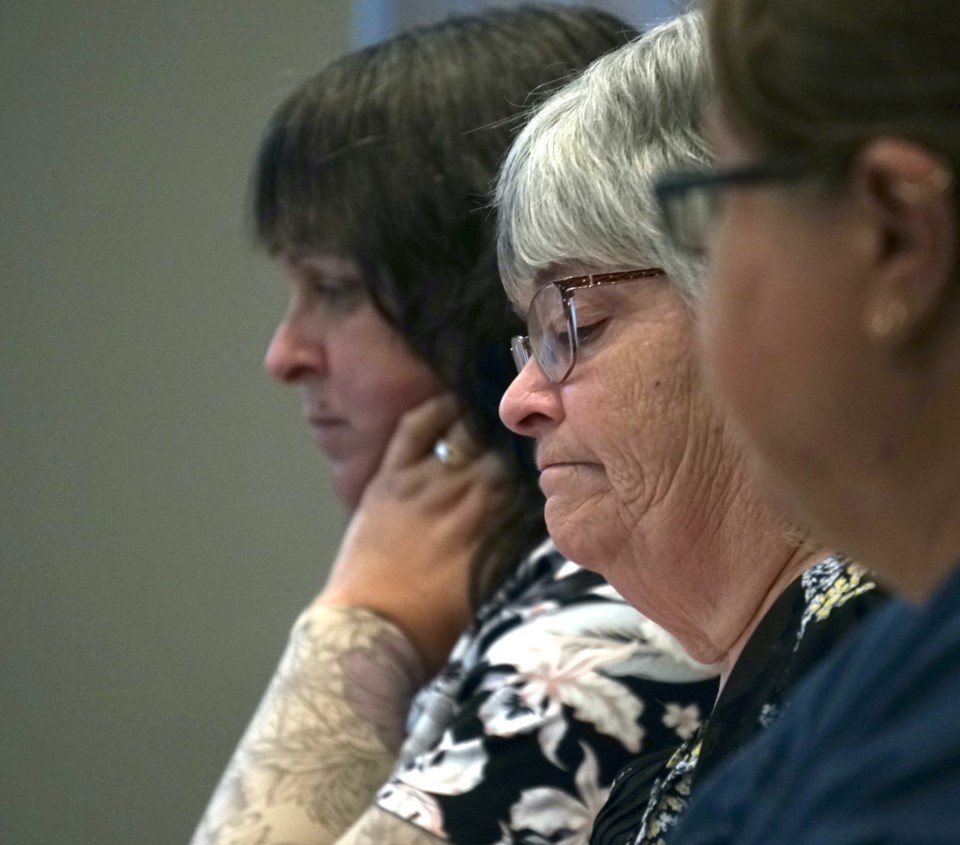ATHABASCA – An attempt to have the Town of Athabasca’s voting records tracked to ensure “historic value and accountability to taxpayers” fell short after some councillors expressed concerns that it would lead to a needless increase in division, both internally and externally.
During the Aug. 15 council meeting, councillors voted 2-5 against the motion which would have required a change in the town’s voting policy during council meetings, with councillors Ida Edwards and Edie Yuill in favour.
“We are a very cohesive council, but for those odd times (we aren’t), I am of the opinion that when a councillor takes a certain position on a subject that the public may be interested in, that the (vote will be accessible) looking back at historical minutes,” said Yuill in an Aug. 17 e-mail. Despite her motion being defeated, Yuill says that she “stands behind the will of council, and supports the decision that was made.”
For mayor Rob Balay, the fact that a mechanism currently exists to record votes made the motion redundant, and potentially disruptive to the cohesion of the group.
“There was a couple of reasons that council voted against the motion,” said mayor Rob Balay in an Aug. 17 interview. “For one, the work that admin would have to do, although that wasn’t the primary reason. I think that as long as there is the ability for councillors to have their voting records stand on an issue, (this isn’t needed).”
Currently, any councillor who wishes to have the vote recorded merely has to ask; while the Municipal Government Act doesn’t require municipalities to track every vote, it does allow for it when desired.
“I think that this is the approach that is least likely to create disruption and division within council,” said Balay. “By not doing it that way, it doesn’t take away their right to have their record stand, and since the majority of our votes are unanimous, it isn’t a burden to any individual councillor who wants their vote recorded.”
The motion quickly ran into problems when concerns about administrative burden and the potential for disruption were brought up by other councillors. The motion would have also required a change to the town’s current voting bylaw, the Councillor Procedural Bylaw.
“I have concerns about the administrative burden for this, and I don’t think there’s value in this,” said Coun. Sara Graling. “When they’re creating the minutes, you’re adding in that burden, and realistically we’re talking about maybe one to five per cent of our motions.”
For Balay, the initial reaction was that it would open up a path for councillors to hold votes over their colleagues’ heads.
“I think it has as much potential to be disruptive and destructive as it does to showcase voting trends, you can go back after and say, ‘See I told you so.’ I’m not saying that anyone will do that, but it does leave the door open.”



